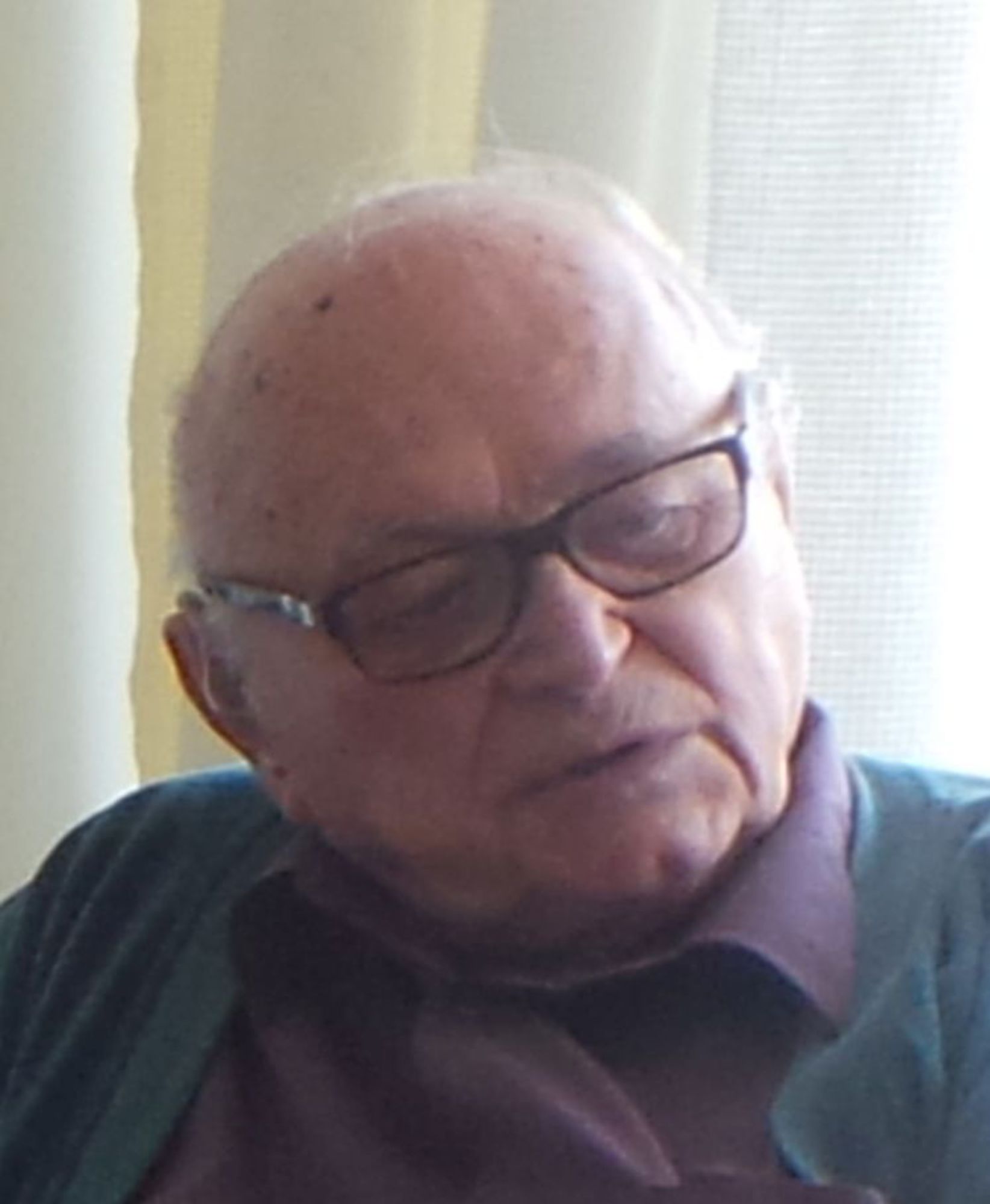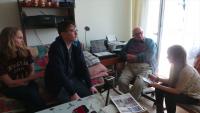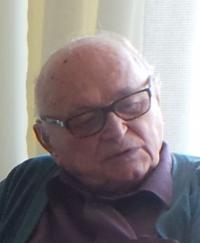The way I see it today is that it was a desperate attempt from the communists to get noticed

Stáhnout obrázek
Miroslav Seidl was born on the 10th of January 1933 in Dolín, near the town of Slaný. His father Antonín worked as a crane operator and welder, his mother Anna worked at a farm estate. He graduated from an electrotechnical high school, worked at a coal processing plant in Komořany and later in the company Elektrizace železnic Praha where he worked his way up to a senior mechanic position. In 1975 he worked on moving the church of Assumption of Virgin Mary. During his career he travelled across Europe and the Soviet Union, and even visited Iraq and the United Arab Emirates. Out of Europe he most enjoyed seeing Switzerland, having been to the city of Montreux on Lake Geneva. During his trips to Asia he was also impressed by Kurdistan. Over his life he has lived in Most, Chomutov, in a village called Kovářská, and as of today he lives in Most again, in the Astra retirement home.

